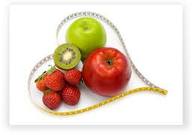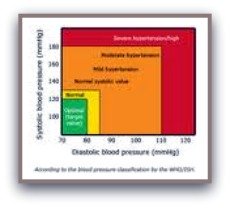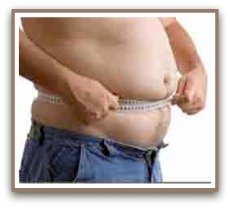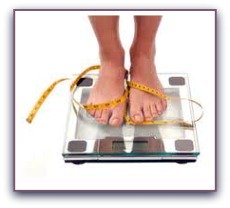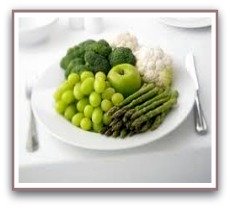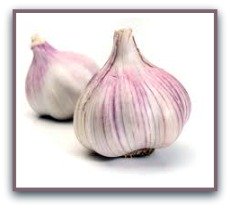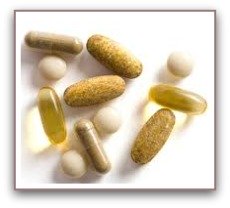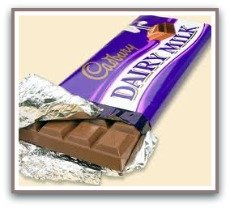|
Important Heart Attack Symptoms
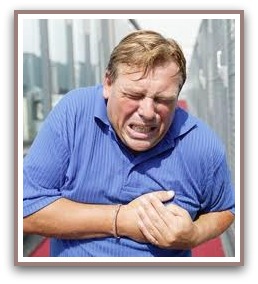
What is a heart attack? Would you know what it looks like? Knowing heart attack symptoms could save someone's life. Arteries that supply the blood to the heart can become clogged over a period of time with cholesterol. When these blockages become severe a blood clot may form, the heart does not recieve enough blood and becomes starved for oxygen. Oxygen is carried to the heart through the blood supply. If this deprivation is short, the result is chest pain (angina) but if it is for a long period of time, then the part of the heart not recieving enough blood actually dies and becomes scar tissue. This is what we call a heart attack. If the scar tissue is small then the person may be ok as long as they get immediate medical attention. If a large part of the heart dies, or if the heart attack occurs in an important part of the heart such as the natural pacemaker, then the person may not live. Heart attack symptoms are often different for men and women.
Heart Attack Symptoms in Men:
If you feel that things are not right or you have a panicky feeling that something is about to happen, you must call 9-1-1 immediately, do not wait.
Keep in mind that not all of these heart attack symptoms occur at once, they may come and go. Listen to your body and don't be tempted to 'brush off' your symptoms.
Heart Attack Symptoms in Women:
Research by the NIH (National Institute of Health) shows that women often experience different symptoms to men. Sometimes their symptoms begin upto a month or more before they actually experience their heart attack. Doctors call these signs 'prodromal heart symptoms'. In a NIH study of 76 women who had experienced a heart attack in the previous year(conducted by McSweeney, Cody and Crane), prodromal heart symptoms include:
Additional research by the NIH seems to indicate that women experience "a gradual progression of number and severity" of symptoms and often their actual heart attack is different to that of mens. Major symptoms during a heart attack experienced by a woman include:
It is important to note that women do not always report the classic mens symptom of chest pain, symptoms seem to vary widely and in intensity. However, women are likely to dismiss heart attack symptoms as 'just not feeling well' and are therefore often at greater risk for a severe heart attack. Prevention begins with recognising the early signs of heart disease and doing something about it.
Final thoughts:
High cholesterol, high blood pressure and heart health problems are generally lifestyle related and can be helped significantly with the high blood pressure diet and a quality
supplement
regime. It is most important that you get professional help from your health care provider. However, it is just as important that you keep yourself well informed about nutrition and your health: knowledge is power! See foods that lower blood pressure References: National Institute of Health, "Do You Know Them When You See Them? Womens Prodromal and Acute Symptoms of Myocardial Infarction", Mc Sweeney JC, Cody M, Crane PB
|
Katrina Rees-Evans RHN,HNC,BA is a practicing Holistic Nutritionist with over 23 years experience in the Natural Health Industry in Canada.
Katrina currently manages a successful health and weight loss clinic in Ontario and has successfully coached over 1100 clients to better health.
Do you have high blood pressure?
What are the risk factors for high blood pressure?
Find healthy food substitutions






